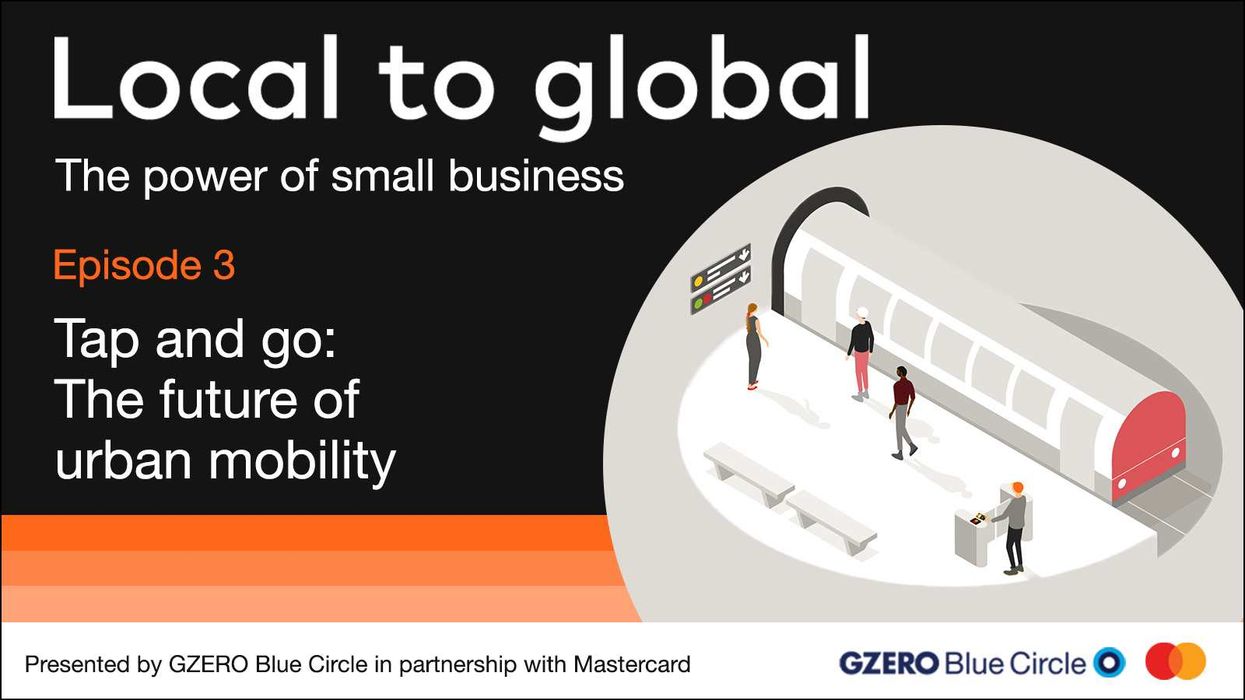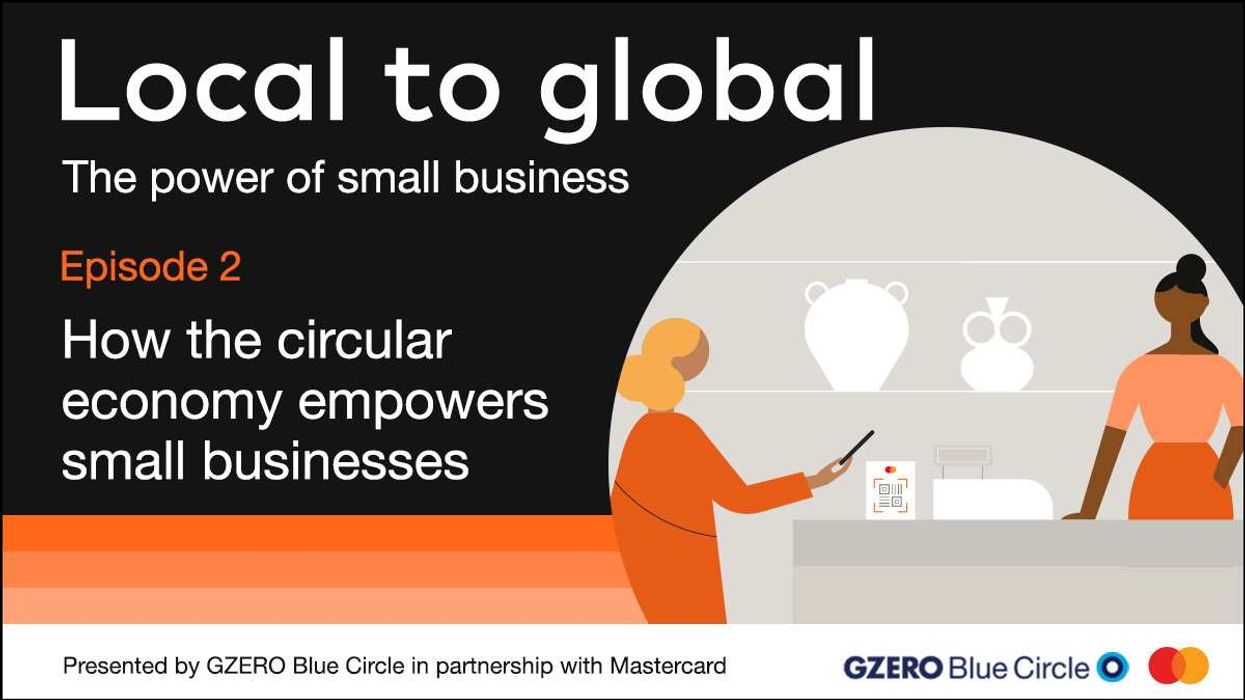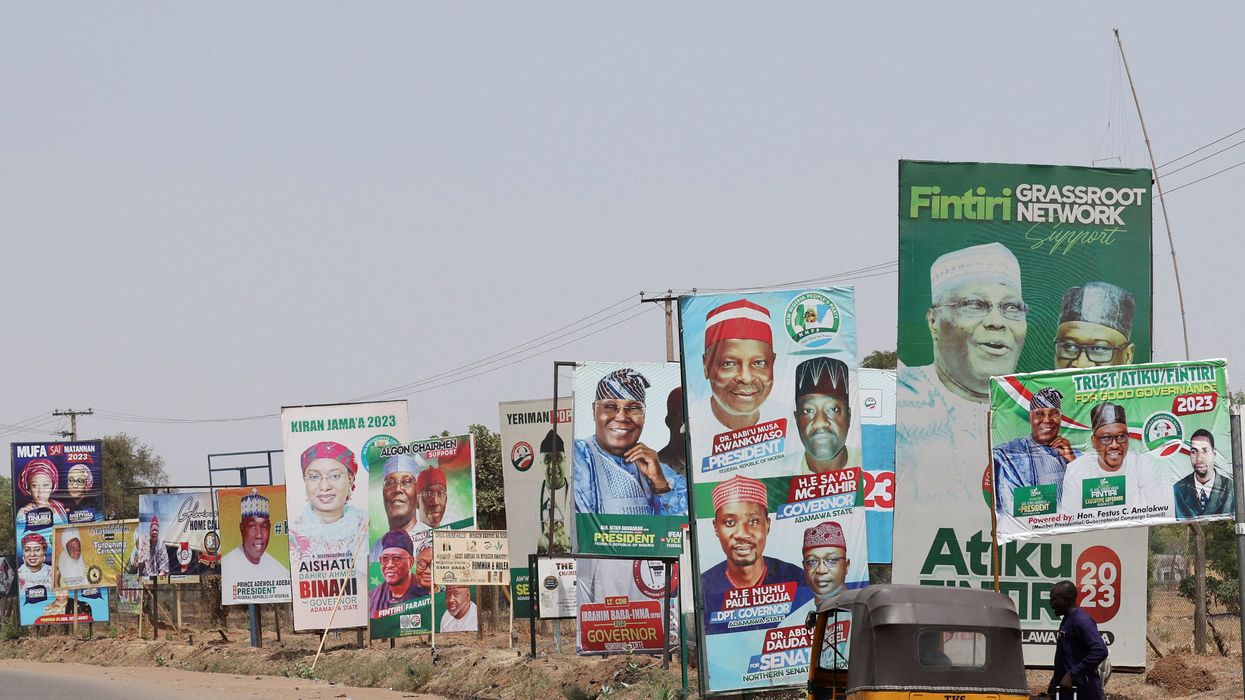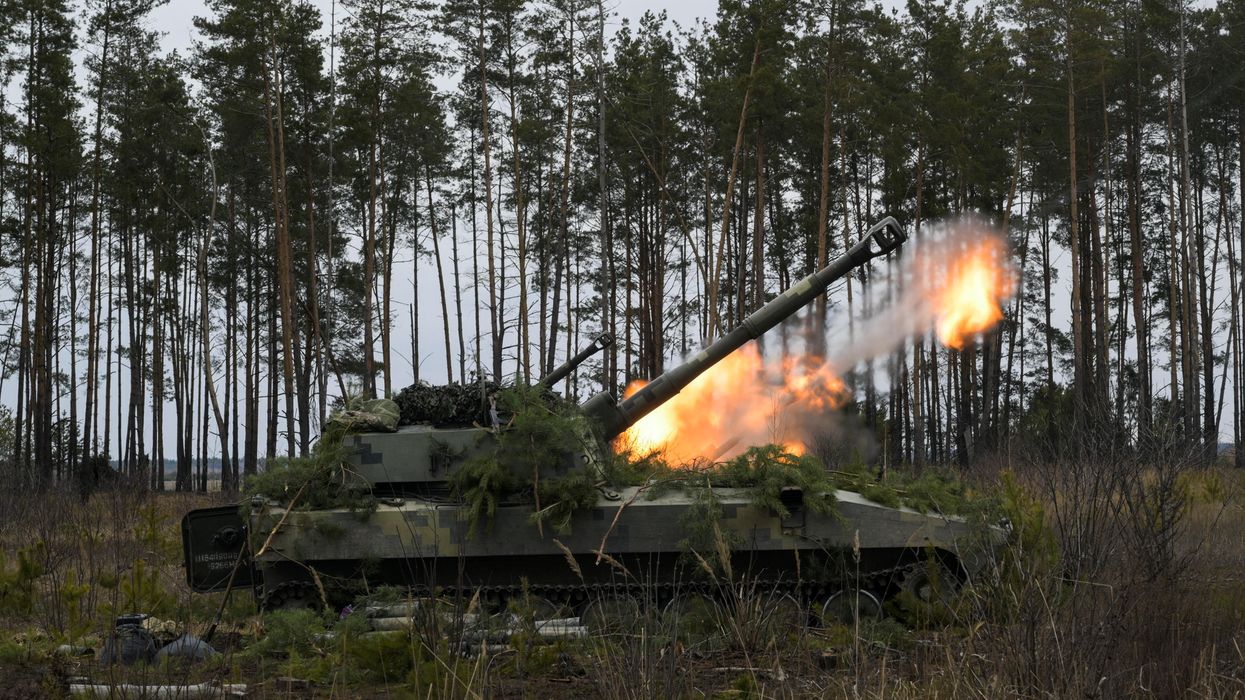Local to global: The power of small business
Tap and go: The future of urban mobility
In this episode of “Local to global: The power of small business,” host JJ Ramberg sits down with Chapin Flynn, Senior Vice President of Transit and Urban Mobility at Mastercard, and Mark Langmead, Director of Revenue & Compass Operations at TransLink in Vancouver, to explore how cities are making transit easier, faster, and more seamless for riders–an approach known as frictionless urban mobility.
Nov 20, 2025





